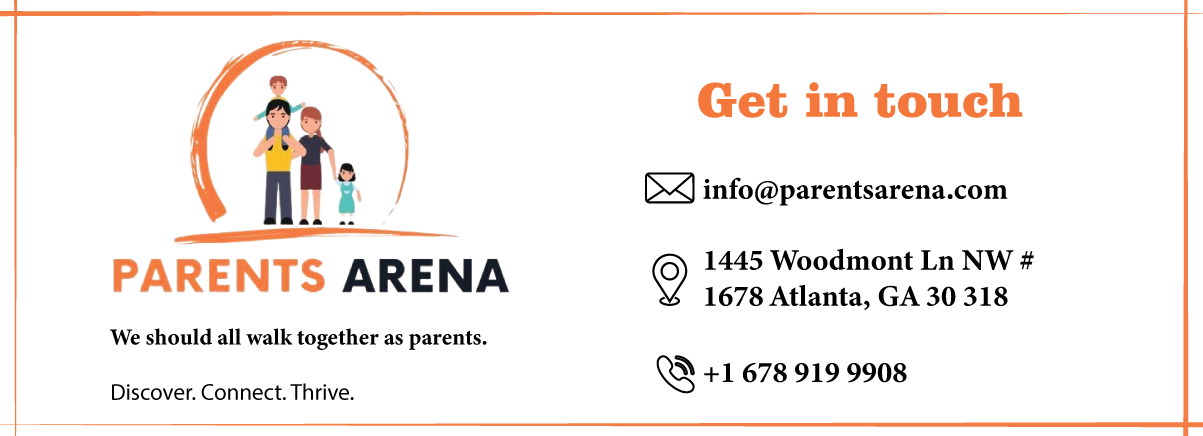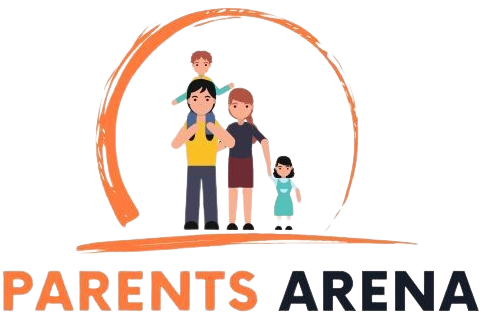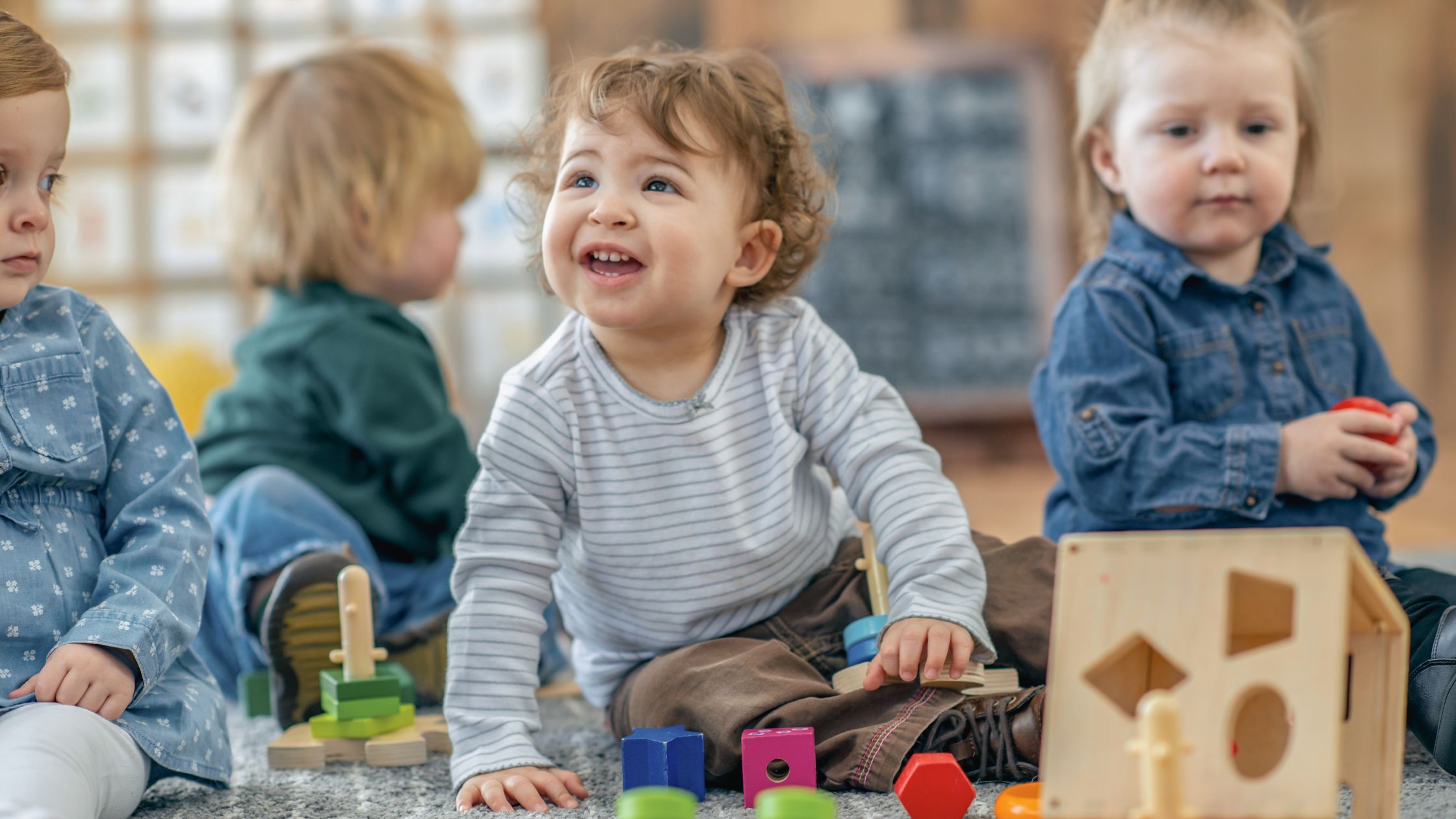Parents love it when their baby says “mama” or “dada” for the first time. It is one of those milestones worth all the sleepless nights and diaper changes. So, when do kids start talking? What signs must you look for? How does one even track when a baby starts to talk?
Every child is different, but there are general speech patterns toward which almost all little ones develop. This blog will take you through your expectations step by step.
Talking Starts Before Saying Words
Your baby starts learning to talk long before saying “mama” or “dada.” Those early sounds might not be real words yet, but they’re the first steps toward talking.
From 0 to 3 Months:
Baby listens to your voice and starts recognizing familiar sounds.
You can hear cooing, soft vowel sounds of “oooh” and “aaah.”
Baby may smile or turn their head at the sound of your voice.
From 4 to 6 Months:
This is when the baby starts putting together sound combinations like “ba,” “da,” or “ga.” They toy with their voice, getting more and more vocal.
Laughter and gleeful squeals become more common.
Babbling to First Words – When Do Children Start Talking?
This stage of development is probably the most satisfying! Around this time, babies tend to utter more recognizable forms of babbling. These intentions may not always be understandable; however, the genuine meanings behind them should be coming to light now more than ever.
From 7 to 12 Months:
The sounds have become crammed with complexities: “mamama” “dadada” “bababa”. They begin to distinguish simple commands like hearing their name or “no.” By 12 months, many babies have at least one or two bona fide words.
What if my baby is not talking yet on their first birthday? No need to worry- the timing of when babies start talking is flexible with different babies. A few will be quite late if that’s the case.
1 to 2 Years: The Word Explosion Begins
After that, things take off! Real words appear much more frequently in the conversation, with an adorable mispronunciation or two thrown in for effect.
13 to 18 Months:
Five to twenty words is the vocabulary range for most toddlers.
They label familiar people or objects: “dog,” “milk,” “bye-bye.”
They might also imitate words heard from you.
18 to 24 Months:
Vocabulary grows fast, this is sometimes called the “word explosion.”
Your child may combine words: “more juice,” or “mama go.”
Following simple instructions like “come here” or “sit down” is normal.
2 to 3 Years: Putting It All Together
At this stage, a more organized speech is observable in your toddler. This seems to be a good time to check on when kids begin to fix their speech into full sentences.
That is, they start saying 3 to 4-word sentences, such as “I want a cookie” or “Daddy go work.” Their wording can be said to surpass 200 words.
They commence to question: “What’s that?” or “Where did it go?”
They are relatively well comprehended by others.
Still wondering when kids start talking full-on and clearly? Typically, this is between the ages of 2 and 3, but again, every child develops in their way.
What You Can Do to Help?
You need not be a speech therapist to promote language development among your children. Here are some easy behaviors that can help a lot:
- Talk about anything and everything that you are doing, things in your environment, or what is going on. “We are putting on your socks now.”
- Read to your child every day. Picture books work well; point out pictures with your finger and name what you see.
- Sing songs and nursery rhymes: They enable teaching rhythm, repetition, and unique words.
- React to their babbling as if it were a significant chat. Pause, smile, and say something back.
- Name things: Naming toys, foods, and anything else helps build vocabulary.
When To Consult a Physician?
There are typical signs indicating delayed speech development, which in some cases may be an indicator of the need to consult a medical professional. His or her views on the matter will not bring harm. By 12 months: No babbling or gestures like waving or pointing. By 18 months: No spoken words at all. By 2 years: Not combining words or difficult for others to understand. Consult a pediatrician or speech-language specialist if you are worried about the speech development of your child or are wondering when a child begins to converse. Early help can significantly change a person’s quality of life.

So, when do babies start to talk? Some may come out with a word on the first birthday, while others may delay. From babbling to full sentences is a journey that gradually evolves, filled with joy and discovery.
Most of all, remember it does not mean hitting a perfect age when do toddlers start talking is progress. Every new sound and word should be a cause for celebration. Be patient, encouraging, and responsive, and before long, you will be having full conversations with your little one. Besides this, we offer Parenting Support programs to help new parents with their kids’ development.

